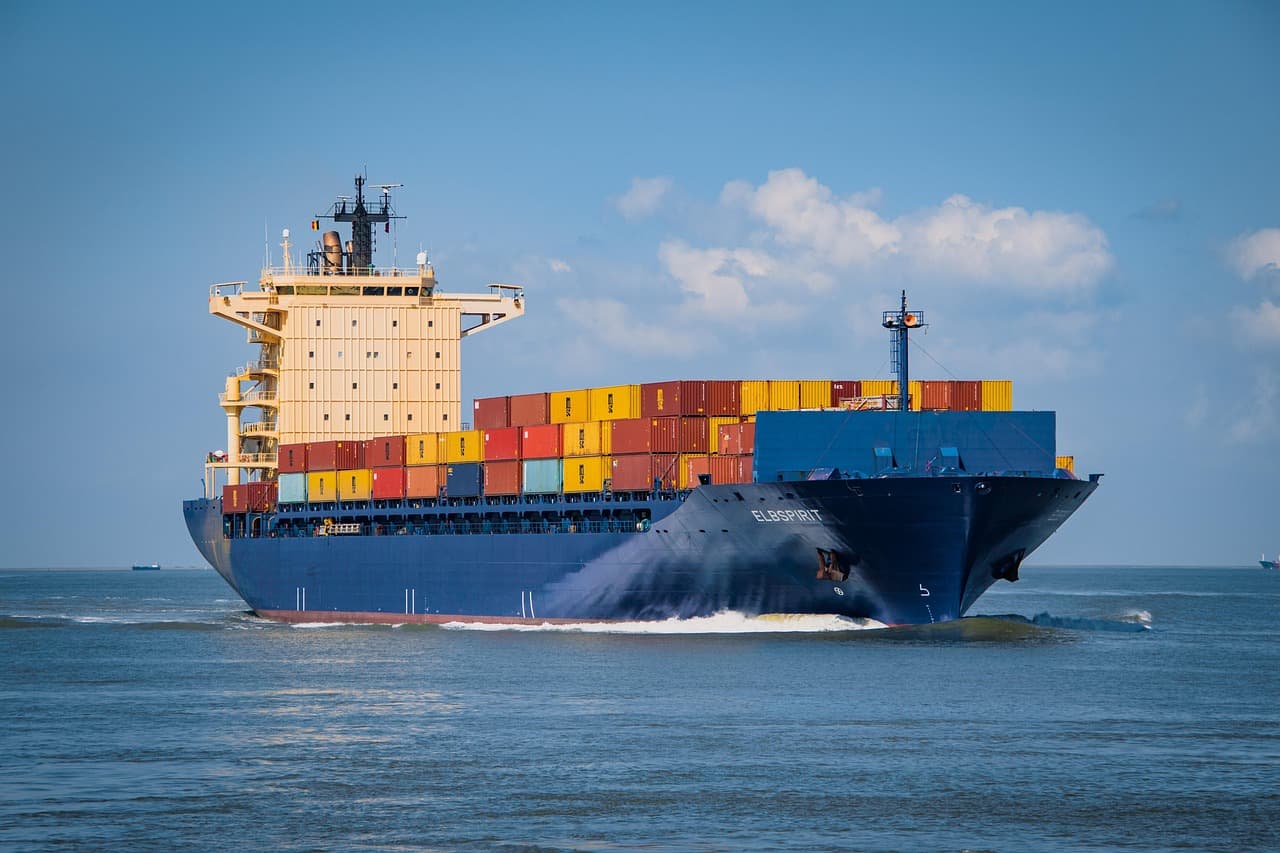Study: 700 ships will be sailing with nuclear reactors by 2050
According to a recent study, around 700 ships could be powered by small nuclear reactors by 2050.
Published on November 17, 2025

Team IO+ selects and features the most important news stories on innovation and technology, carefully curated by our editors.
According to a study by consulting firm Roland Berger, commissioned by offshore shipping company Allseas, around 700 ships could be powered by small modular reactors (SMRs) by 2050. The first ship to use this technology has already been announced and is scheduled to sail on nuclear energy in 2032.
Allseas aims to develop the first small nuclear reactor for use on land by 2030. Two years later, the offshore vessel Hidden Gem is to be equipped with such a small nuclear reactor. Project leader Stephanie Heerema emphasized in an earlier lecture that this is only the beginning: more SMRs will follow.
Both offshore vessels and large container ships
The recent report supports this ambition. According to the study, there is global market potential for approximately 110 small nuclear reactors on land and around 700 in the maritime sector, including both offshore vessels and large container ships such as the Hidden Gem.
Contributing €130 billion to the Dutch economy
The report also outlines the economic impact. By 2050, this development is estimated to contribute €130 billion to the Dutch economy. In addition, 10,000 to 15,000 jobs will be retained, and 35,000 to 40,000 new high-quality jobs will be created.
Reducing CO2 emissions by 5%
In terms of sustainability, the maritime sector can reduce its CO2 emissions by up to 5% by 2050, which equates to approximately 55 megatons per year. Together with the savings on land, this corresponds to the annual consumption of 3.5 million Dutch households. SMRs on land can also help relieve the burden on the power grid.
Challenge: storage
Allseas has opted for Triso fuel, which Roland Berger says is inherently safe: the fissile core is encapsulated in three layers of ceramic coating, making storage easier. However, there are challenges: storage space per volume is expensive due to the size of the Triso pellets. Pilot projects are investigating ways to reduce the volume, and Allseas is also exploring options for reusing the fuel.
